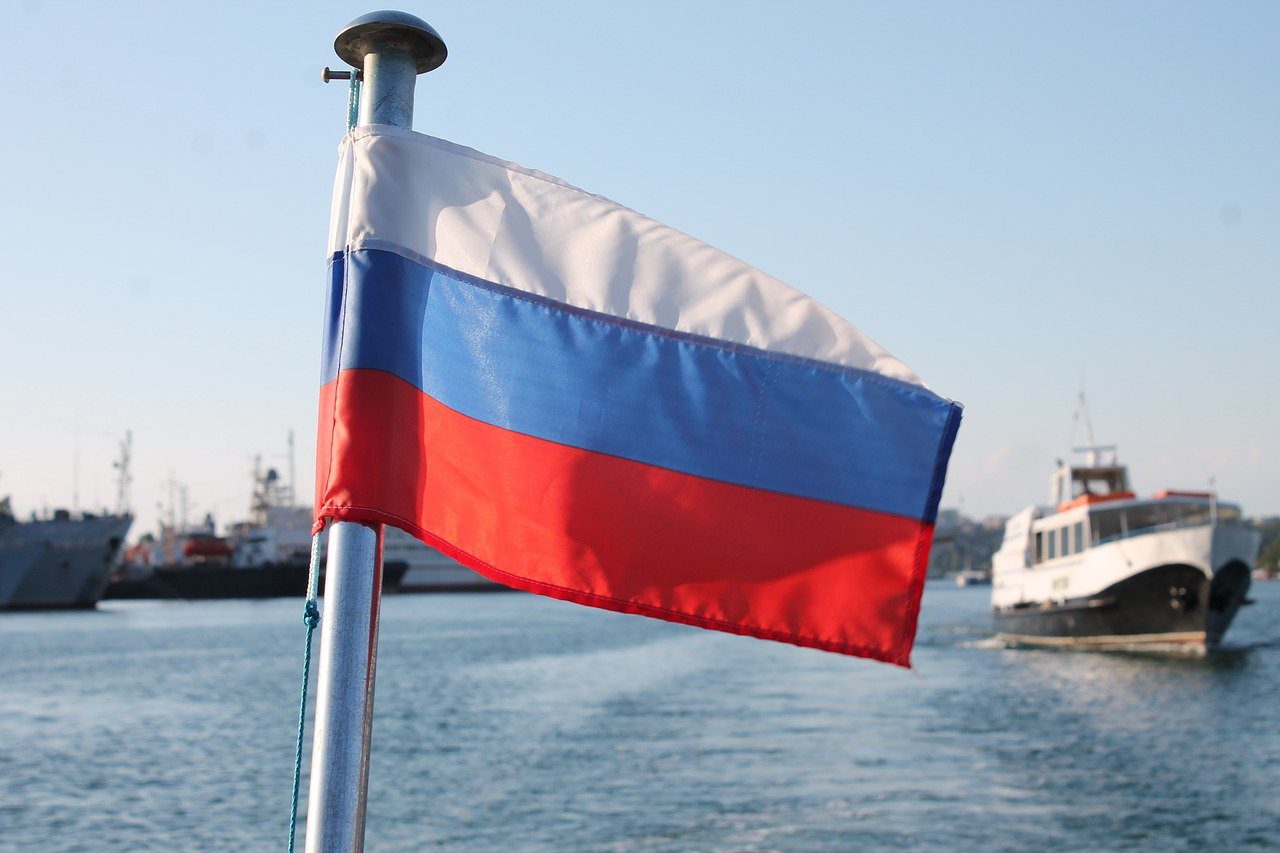The International Criminal Court (ICC) has issued arrest warrants for two high-ranking Russian officials over their alleged misconduct during the Ukraine conflict. The ICC confirmed in a statement yesterday that the implicated individuals are Army Lieutenant General Sergei Ivanovich Kobylash and Navy Admiral Viktor Nikolayevich Sokolov.
The court specified that the reported offences took place between October 2022 and March 2023. This period of time was marked by escalated tension and military activity in the region, causing international concern regarding the impact of the conflict on Ukraine’s national security and sovereignty.
The issue of the arrest warrants represents a significant development in the international community’s response to the Ukraine conflict. The ICC’s affirmation of its authority in this matter reflects the gravity with which war crimes and abuses of power are viewed on a global stage.
The names of the wanted officials, Sergei Ivanovich Kobylash and Viktor Nikolayevich Sokolov, carry weight in the hierarchy of Russian military. Lieutenant General Kobylash and Admiral Sokolov, associated with the Russian army and navy respectively, are now targeted for their crucial role and involvement during the period in question.
As per the details provided, the alleged offences occurred during a time when the international community was casting wary eyes on the escalating conflict in Ukraine. The issuance of these arrest warrants from the ICC, marks a momentous point that could potentially challenge Russia’s engagements in the region.
The move to put forth formal arrest warrants by the ICC could be seen as an endeavour to uphold accountability. It is a robust signal to potential violators that the commission of war crimes will not be tolerated, regardless of the individual’s rank or nation’s stature.
The ICC, as a crucial body of international law, has a mandate to prosecute individuals deemed responsible for serious crimes of international concern. These include, amongst others, war crimes, crimes against humanity, and genocide. Although the specific charges against the two Russian officials have not been disclosed yet, their implications will be severe.
Despite differences in international opinion about the ICC’s jurisdiction and efficacy, this decision could mark a critical juncture in the continuing Ukraine conflict. Depending on the actual charges laid and the following investigative proceedings, it may significantly influence Russia’s future militaristic strategies and international diplomatic relationships.
What remains uncertain at this juncture is the potential ramifications of these arrest warrants, given the reach of the ICC’s judicial authority. It is yet to be seen whether the offer of support and cooperation from nations worldwide will be robust enough for these warrants to be executed successfully.
Furthermore, how Russia responds to this development and the charges against its high-ranking officials could have far-reaching implications. Russia’s reaction will undoubtedly be under close international scrutiny in the days to come.
This move by the ICC serves as a crucial reminder of the potential for international legal mechanisms in addressing severe violations of human rights and promoting accountability. In the coming days, it will provide a telling litmus test of the court’s practical authority and the international community’s collective commitment to justice and accountability for war crimes.
In conclusion, the issuance of these arrest warrants could set a critical benchmark in the global stance towards the Ukraine conflict, marking a bold and significant step towards upholding international law and order. Irrespective of the outcome, this development underscores the importance of maintaining vigilance and promoting accountability in a world ever watchful of war crimes and their subsequent penalties.



















